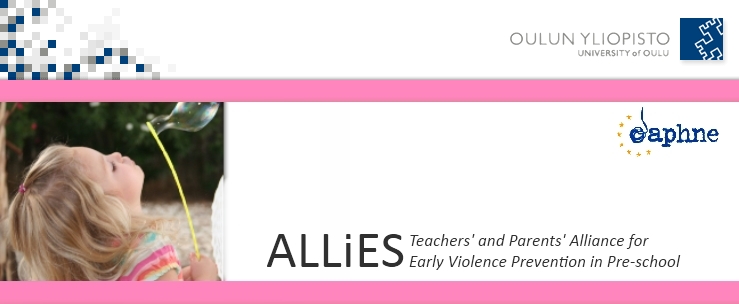
 |
|
Read more about the background of the project. In Finland and Sweden, legislation for the prevention of discrimination is used to define equal rights between women and men, and to eliminate discrimination based on age, ethnic background, disability, sexual orientation, religious beliefs and so forth. The legislation requires employers and authorities to promote equal opportunities systematically. Equality is a core value in both countries, but it can also become a competitive advantage in the labour market. Presumably in the near future the aging of citizens and free movement of labour in Europe will increase competition among qualified workforce across national boundaries. Younger generations seem to have a looser commitment to workplaces. Another challenge for the labour markets is the increasing number of immigrants, which challenges typically monocultural workplaces in Finland for renewal. In the competition for a skilled workforce, Finland needs to focus on the working conditions, because we have difficulty competing in other regions (such as salary level, geographical location, climate, etc.). The inflexibility of the Finnish labour market also shows a strong gender-based segregation of occupations and sectors, which also maintains a number of inequality phenomena such as a pay gap. Segregation is already set up in school. Non-discrimination is seldom on the agenda of organisations. However, discriminating structures do exist and they are situated in the core of organisational structures and also emerge as tension in interaction between individuals. Although they are often unconscious attitudes, they manifest themselves in action. Research has shown that increased equality competence in organisations improves flexibility, increasing commitment to the company and tasks at hand, which has a positive effect on productivity, competences and cost-efficiency. Ritaharju pilot (see also) Development work in an educational environment takes place in the Ritaharju Community center (Oulu City), which provides a new operational model for communal services such as
The project focus is on developing the center’s
operational model together with the staff. The work includes
A special interest is focused on information and communication technology and phenomena connected with occupational segregation by gender. CIE –pilot (see
more)
|